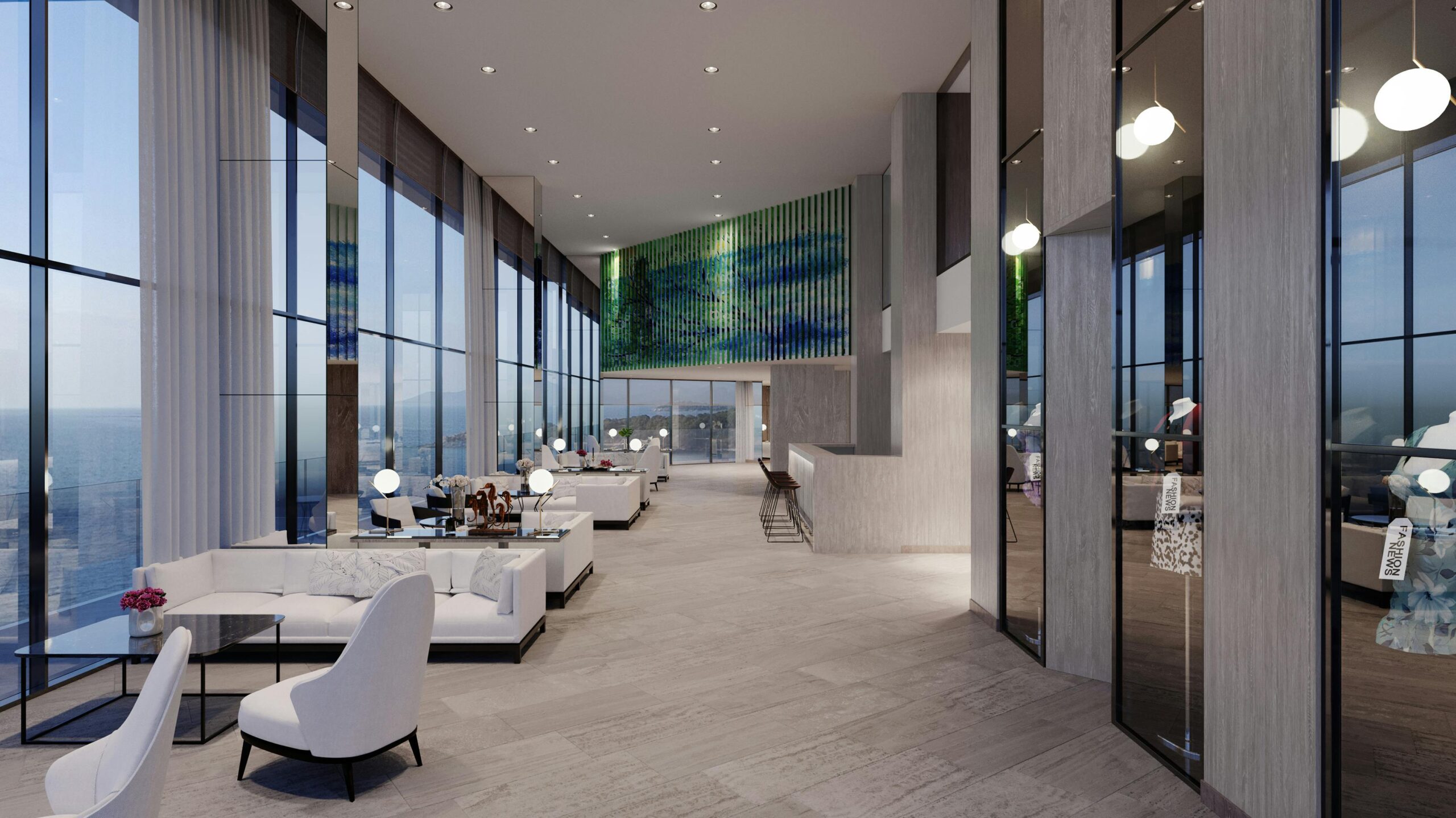In the competitive world of hospitality, delivering a unique and hyper-personalized hotel experience is no longer just a luxury—it’s an expectation. Hotels are increasingly leveraging guest data to create hyper-personalized experiences that cater to individual preferences and enhance overall satisfaction. From tailored room settings to customized dining options, let’s explore how hyper-personalization in hotels is using data to elevate the guest experience.
The Rise of Hyper-personalization in Hotels
Hyper-personalization goes beyond the traditional approach to personalization. It involves using advanced data analytics and AI to understand guests’ preferences and behaviors at a granular level. This enables hotels to offer services and experiences that are uniquely tailored to each guest, ensuring a memorable stay.
Tailored for Hyper-personalization in Hotels
One of the most impactful ways hotels are personalizing experiences is through tailored room preferences. By analyzing past stays and preferences, hotels can adjust room settings such as temperature, lighting, and even the type of pillows used. Guests can walk into a room that feels just like home, with every detail adjusted to their liking.
Customized Dining Recommendations
Food is a crucial part of the travel experience, and hotels are now offering customized dining recommendations based on guests’ dietary preferences, past dining choices, and even their health goals. Whether a guest prefers vegan options, is on a keto diet, or loves trying local delicacies, hotels can provide dining options that cater to these preferences.
Personalized Services and Amenities
Beyond rooms and dining, hyper-personalization extends to the services and amenities offered. For instance, a guest who frequently books spa services might receive personalized offers for new treatments. Similarly, a family traveling with young children might find their room equipped with kid-friendly amenities and activities planned for their stay.
The Role of Technology
The key to hyper-personalization lies in the technology hotels use to collect and analyze data. Customer Relationship Management (CRM) systems, mobile apps, and AI-driven analytics tools are essential in gathering and processing guest information. These technologies enable hotels to create detailed guest profiles and deliver personalized experiences in real time.
Privacy and Data Security
While the benefits of hyper-personalization are clear, it’s important to address the concerns around privacy and data security. Hotels must ensure that they are transparent about the data they collect and how it’s used. Implementing robust security measures to protect guest data is crucial to maintaining trust and compliance with regulations.
The Future of Hyper-personalization in Hotels
The trend of hyper-personalization is set to grow, with advancements in AI and data analytics paving the way for even more sophisticated personalization strategies. Future innovations might include real-time personalization, where guest preferences are adjusted dynamically throughout their stay, and the integration of IoT devices to further enhance the personalized experience.
Conclusion
Hyper-personalization is revolutionizing the hospitality industry, enabling hotels to offer truly unique and memorable experiences. By leveraging guest data, hotels can create a stay that feels bespoke and catered to individual needs, ultimately leading to higher guest satisfaction and loyalty. As technology continues to evolve, the possibilities for hyper-personalization in hotels are endless.
By focusing on the innovative use of guest data, hotels are not only meeting but exceeding guest expectations. Embracing hyper-personalization is a win-win strategy that benefits both guests and hotels, setting a new standard for the hospitality industry.



